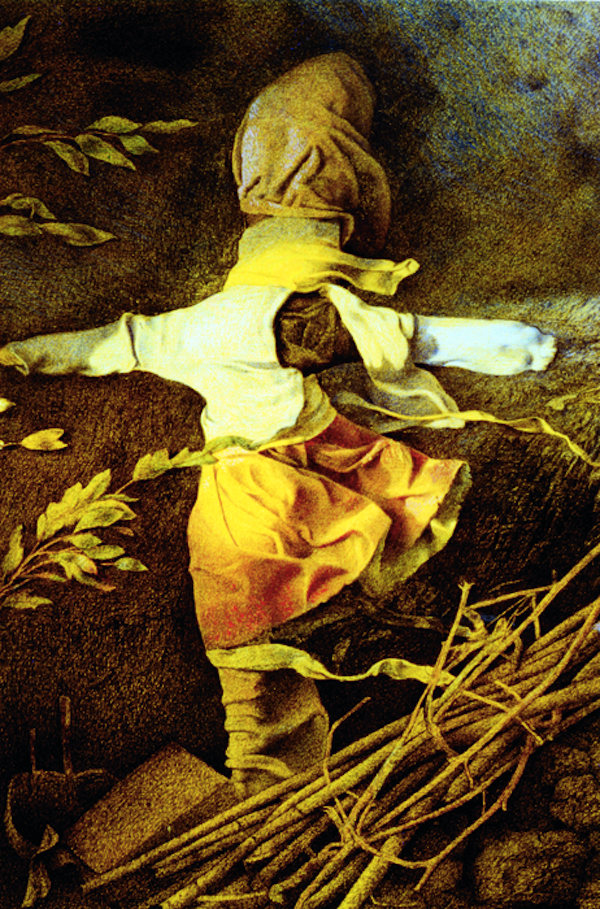Here’s a dispatch from the New York Daily Planet (no, that’s not a real newspaper):
Pope Francis, the new Pontiff of the Roman Catholic Church, has many issues on his place, such as doctrinal change and personnel issues. The Catholic Pope, who is also known as the Bishop of Italy, will have to discuss a number of issues at the upcoming Synod of the Family, such as the question of allowing communion for never-married Catholics, and whether the dogma of the Immaculate Conception, which states that Jesus Christ was born of a virgin, should be revised to account for the latest scientific findings regarding virgin births. Francis is from the progressive wing of the Catholic Church, which believes in the supremacy of “Scripture alone”, as opposed to the conservatives, who preach the “hermeneutic of extra ecclesiam nulla salus,” a Latin phrase meaning “Tradition alone.” Francis will have to reconcile the Catholics with many different viewpoints, among them bishops Katharine Jefferts Schori and Kallistos Ware.
Makes no sense, right? And, sadly, this might only be slightly a caricature.
Catohlicism is a complex animal, and maybe we should cut reporters some slack. It has its own lingo, it cares about issues that can seem esoteric to outsiders. And there’s all these funny hats.
Anyway–totally unrelated: for a few weeks now a small portion of the American Catholic world has been debating the question of whether Catholicism is compatible with libertarianism.
For example, here’s a representative piece in Commonweal, flagged by the ever-reliable Sam Rocha, which asks whether Catholicism and libertarianism are compatible. For this, it looks at two figures: Paul Ryan and Ayn Rand.
Ryan and Rand are certainly interesting figures. Like many people, they have some things in common, and other things not in common. For example, one of the things they have in common is that…neither of them are libertarians.
Ryan identifies as a conservative, and while many libertarians idolize Rand, she did not want her movement of objectivism to be confused with libertarianism, and as best as I can tell she despised every prominent figure of 20th century libertarianism.
Libertarianism of course is itself a very multifaceted movement, with many different strands, a bit of its own language, and so on. You have to be a little careful when you’re trying to address it.
But then again, as the Commonweal piece points out, the noted theologian and political theorist Joe Biden, who is absolutely faithful to Catholic teaching, dislikes libertarianism. You see, Joe Biden wants to “[take] care of those who can’t take care of themselves.” Presumably, unlike those nasty libertarians. And why shouldn’t we take him at his word? He is, after all, a politician.
So, is Catholicism compatible with libertarianism? It might be an interesting question. Until it’s given a competent treatment, I will have my doubts.
“Spaventapasseri” by Anchise Picchi – Own work. Licensed under Public domain via Wikimedia Commons.













